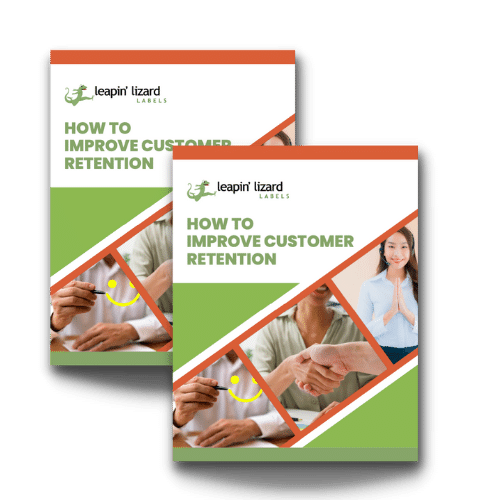Corporate culture has a lot of unspoken rules to follow in order to keep up a good rapport with colleagues, supervisors, and clients. Depending on the company these parameters may be stricter or more lackadaisical, but many in the workforce have experienced the negative ramifications of misstepping outside the bounds of this expectation of professionalism. Fortunately, we believe this is slowly changing, and we think it’s for the better. The workforce norm is slowly shifting which will make working an overall better and more welcoming aspect of life for everyone.
Pandemic
With the sudden coronavirus pandemic came new restrictions and mandates causing entire office buildings to close their doors for the safety of employees. Workers were faced with dusting off their home computers and working remotely to keep their distance and flatten the curve. Adjusting to this newfound work/life balance has been widely beneficial and even become preferential for most of the workforce. Adapting to this flexibility has caused many to lose some of the professional facades they once held so tightly to. When communicating primarily through instant messaging platforms such as [slack] or Microsoft teams, it’s often easier and quicker to use acronyms, emojis, or shorthand formerly seen as unprofessional and unacceptable. Working in sweatpants has likely caused more relaxed interactions among coworkers, and many on the internet have called for the cancellation of corporate culture altogether.
Toxicity
Unfortunately, toxicity in the workplace is a common problem that many have to endure. Strict rules and company culture can add to the mounting conflict pressures on employees today by imposing difficult boundaries and expectations on an already stressful environment. Superiority complexes in older coworkers or supervisors can cause severe or harsh consequences for noncompliance to company expectations or norms. Harassment is commonly gone unaddressed or unresolved to save face for the sake of professionalism. People are forced to work in these less than desirable atmospheres causing depleting motivation and work ethic which in the end is also harmful to the company.
Inclusivity
Many companies are trying to increase diversity and inclusion in the workplace, but tend to unintentionally overlook some lesser-known discriminatory practices that can ostracize minority or underprivileged employees. Strict dress codes can be difficult for lower-income individuals to comply with, and those from under-funded educational institutions might not be as equipped to excel where professional speech and etiquette are expected. Individuals who didn’t have access to business courses may struggle to properly craft a resume and cover letter when applying for corporate positions, and lose out on opportunities that otherwise would be a great fit for them. This can also apply to the disabled as well.
Those who have anxiety disorders might struggle to thrive or even function in a strict environment. Using emojis in an instant message or adding a smiley face to the end of emails can help quell some of the overthinking and anxieties of these individuals, and casual vernacular may help them feel more comfortable. Physically disabled persons may struggle to find business attire compatible with their wheelchairs, dexterity tools, or other augmentations they need for daily activities, and alternative methods of communication could be easier than email or formal meetings.
Company Culture
We will spend about [90% of our lives at work.] (Ouch!) But if we’re spending so much time some place, why can’t it be enjoyable? A fun and positive company culture will produce happy employees that do great work and stick around for a long time. Many companies are implementing a fully remote structure to give more flexibility. Some are ditching the business dress codes, providing perks for parents in need of help, or even giving employees spaces to work away from their desk if needed. Many in the younger generations say they desire a more relaxed work environment that contrasts starkly with the traditional corporate culture. Some won’t even consider working for these traditional institutions. So where do we go from here?
We love having happy employees, so we say why not? We welcome this culture shift sweeping the world if it promotes a better work/life balance and more inclusivity within the workforce. We’re not fans of stuffy people who don’t pass the vibe check, so why wouldn’t we? As long as you’re working hard, we say wear your jeans to work! We want to see your silly email signatures, and we think fun lingo is professional. Your colorful or natural hair is professional. Your skin color is professional. Your quirks are professional. Your disabilities are professional. Your tattoos are professional. And yes, even your smiley face emojis are professional. (:


